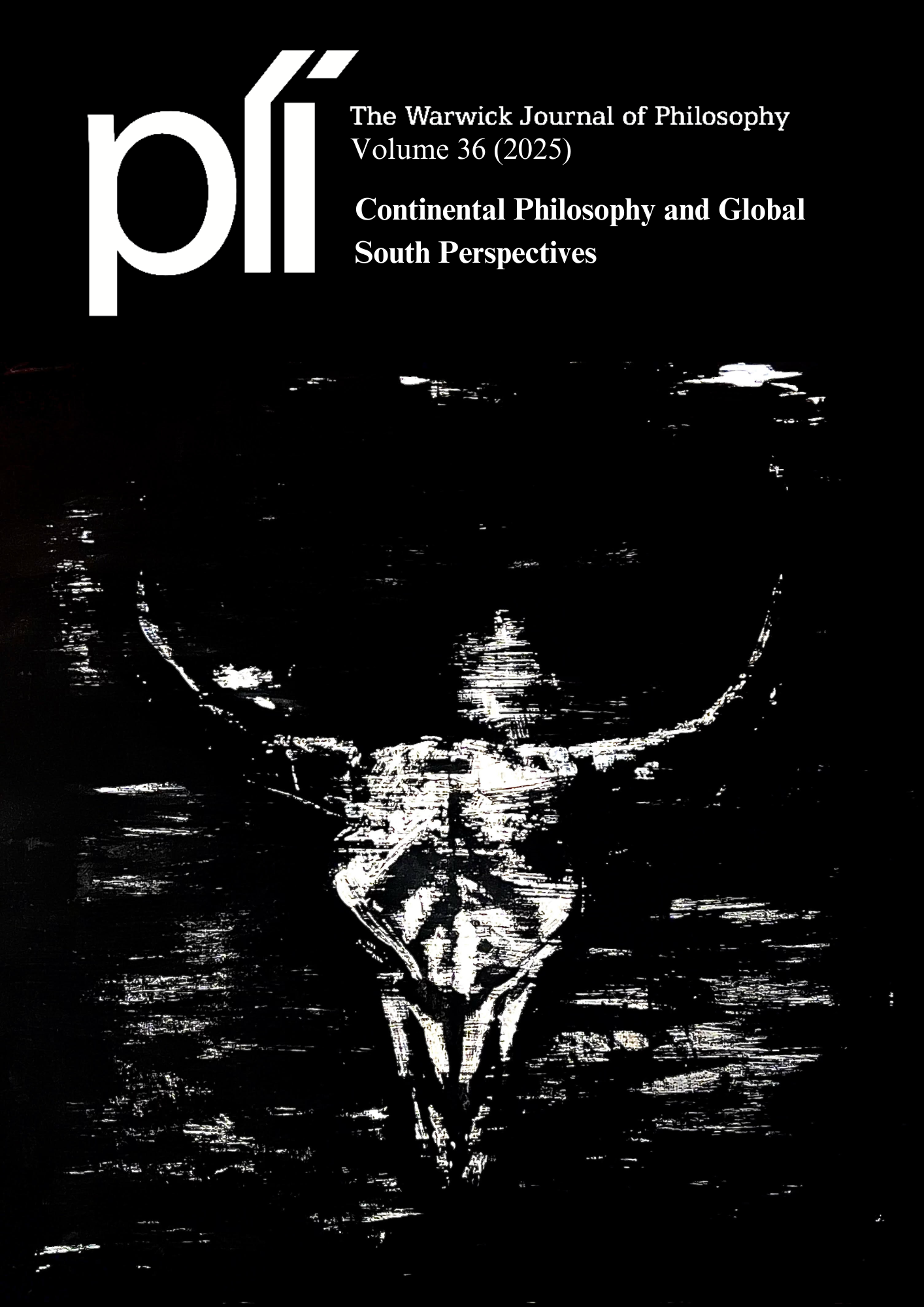Abstract
This paper undertakes a comparative and complimentary reading of Edward Said’s analysis of Orientalism and the philosophical problem of orientation in Kant, especially Kant’s discussion of this in “What does it mean to orient oneself in thinking?”. Although Said has been seen by some critics as a thinker of radical alterity, this paper will contest this claim and show that he is best thought of as defending auto-determination and self-positing. Furthermore, it analyzes the important defense of knowledge that accompanies Said’s critique of oriental sciences. This leads Said to propose an alternate logic of relation as opposed to the logic of representation that structures Orientalism, in this manner shifting the issue of knowledge to what he calls “acknowledgement”. Therefore, Said opens up the concept of Orientalism to a transcendental philosophical questioning whose interests would exceed mere positivist critique. This latter tendency has led to a restrained reception of Said’s work whereby his analyses have been studied for their empirical interest focusing on his objections to orientalist practices. This paper argues that such a reading, apart from being reductive, mischaracterizes the project undertaken by Said. The objective is not only to read Said’s thought through its relation to Kantianism but also to reflect Said’s understanding of Orientalism onto Kant and therefore to transform the philosophical reception of the concept of orientation in general. In this way, beyond a simple application of philosophy on issues relation to the “global south”, Said is presented as one of the great figures of the Internationalization of philosophy.References
Althusser, Louis. 1990. Philosophy and the Spontaneous Philosophy of the Scientists & Other Essays (1990). London: Verso.
Clifford, James. 1988. ‘On Orientalism.’ In The Predicament of Culture: Twentieth-Century Ethnography, Literature, and Art, by James Clifford, 255–276. Cambridge, MA: Harvard University Press.
Derrida, Jacques. 1987. "Admiration de Nelson Mandela ou les Lois de la réflexion (1986)." In Psyché inventions de l'autre, by Jacques Derrida, 453-476. Paris: Éditions Galilée.
Kant, Immanuel. 1998. Critique of Pure Reason. Cambridge: Cambridge University Press.
—. 2004. Prolegomena to Any Future Metaphysics. Cambridge: Cambridge University Press.
Kant, Immanuel. 1996. "What does it mean to orient oneself in thinking." In Religion and Rational Theology, by Immanuel Kant, 1-18. Cambridge: Cambridge University Press.
Prakash, Gyan. 1995. “Orientalism Now.” History and Theory, 199–212.
Rabault-Feuerhahn, Pascale. 2013. Archives of Origins Sanskrit, Philology, Anthropology in 19th Century Germany. Wiesbaden: Harrossowitz Verlag.
Said, Edward. 2003. Orientalism. London: Penguin.
---. 1985. "Orientalism Reconsidered ." Cultural Critique 89-107.
Serban, Claudia-Cristina. 2013. "L’idéal de la raison pure et la fracture du fonctionnement ontothéologique du possible dans la philosophie critique de Kant." Kant Studien 167-187.
Spivak, Gayatri Chakravarty. 2000. "Race Before Racism." In Edward Said and the work of the critic : Speaking truth to power, 51-65. Durham: Duke University Press.
Yeats, William B. 1989. “The Magi.” In Collected Poems of William Butler Yeats. New York: Palgrave Macmillan.
Young, Robert J.C. 1990. White Mythologies : writing history and the west. London: Routledge.

This work is licensed under a Creative Commons Attribution-NonCommercial-ShareAlike 4.0 International License.
Copyright (c) 2025 Srijan Uzir

